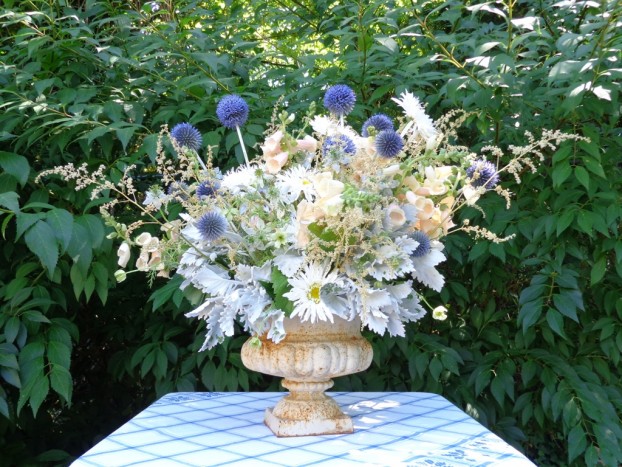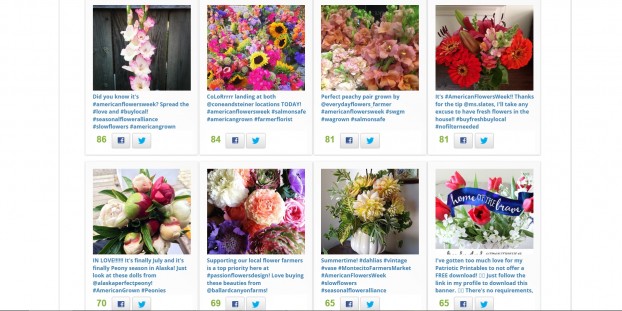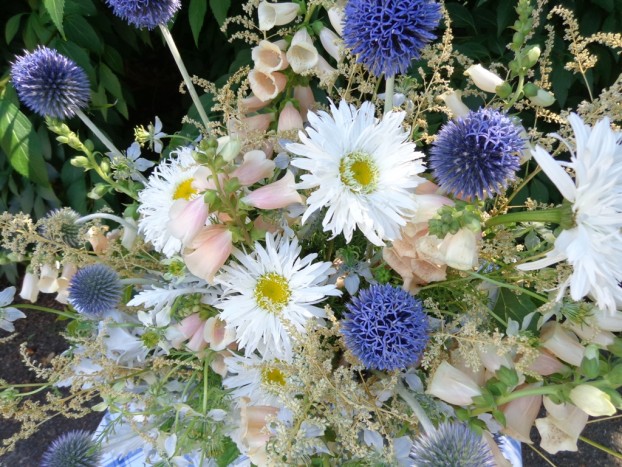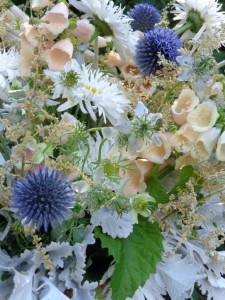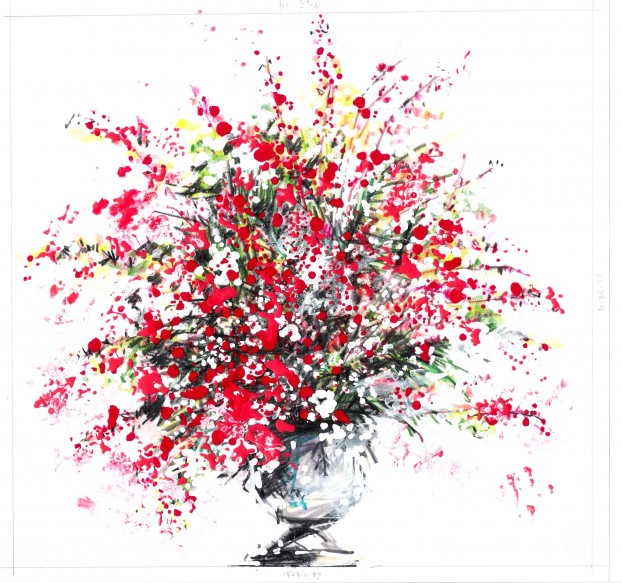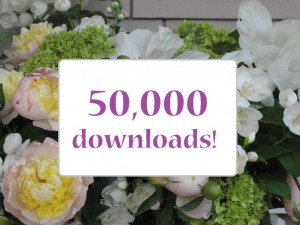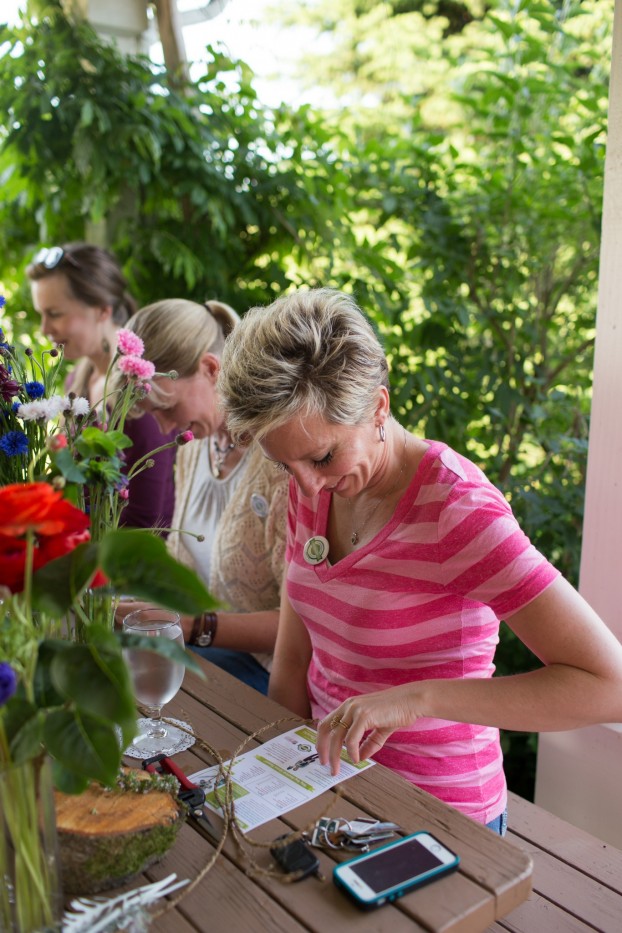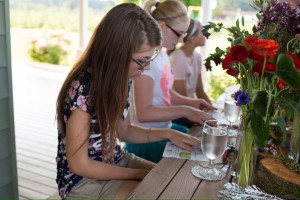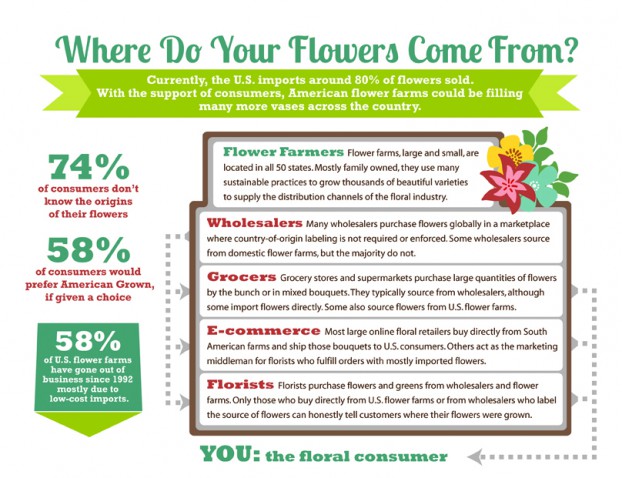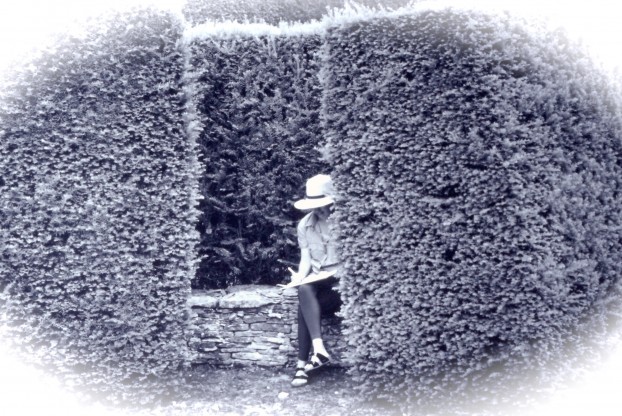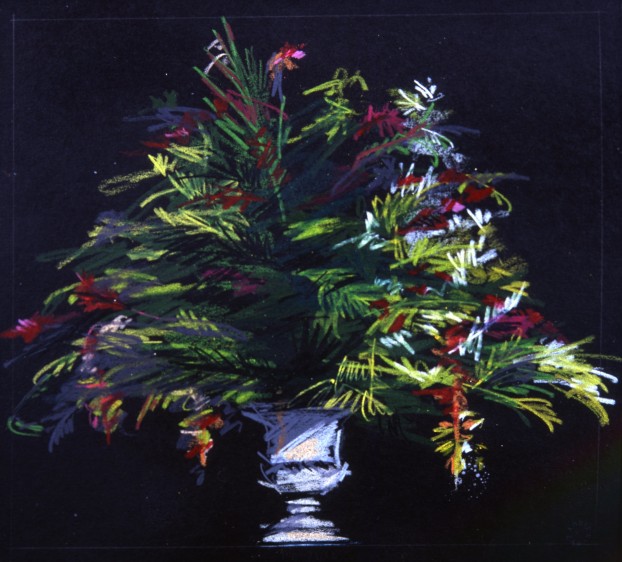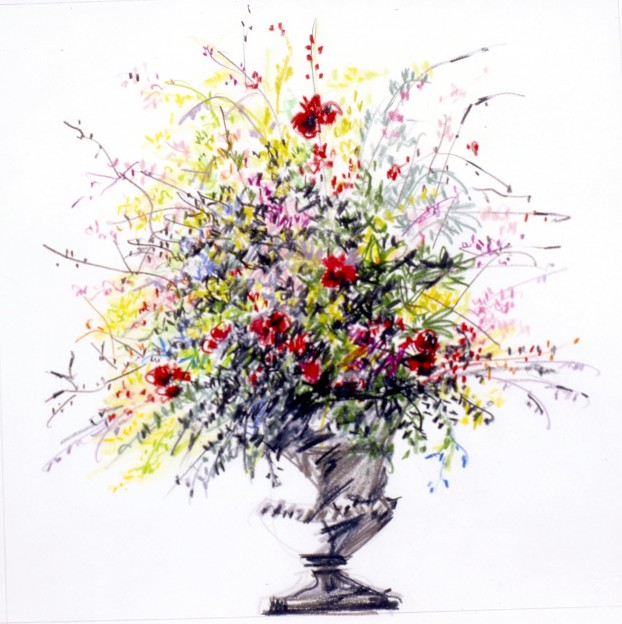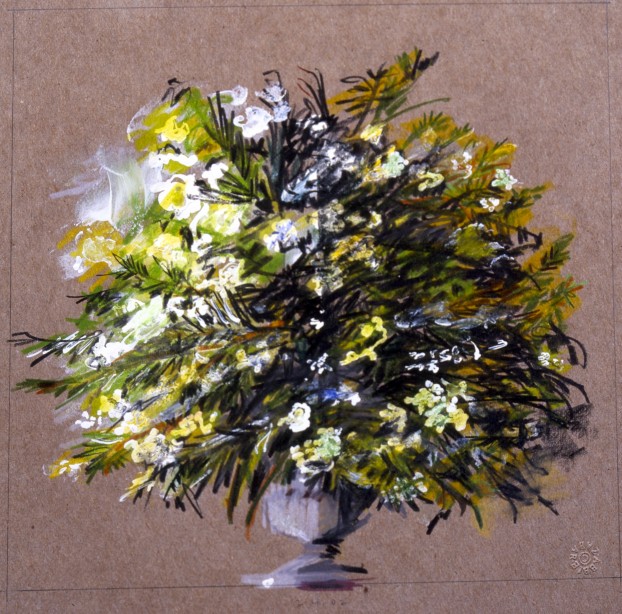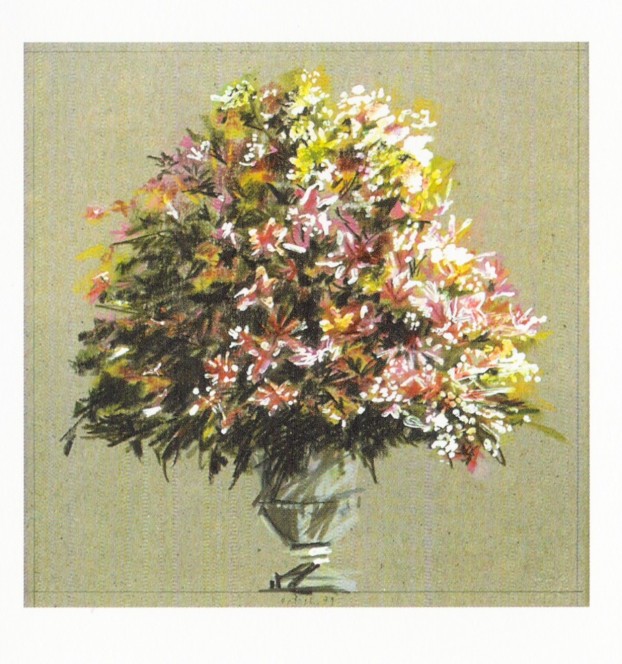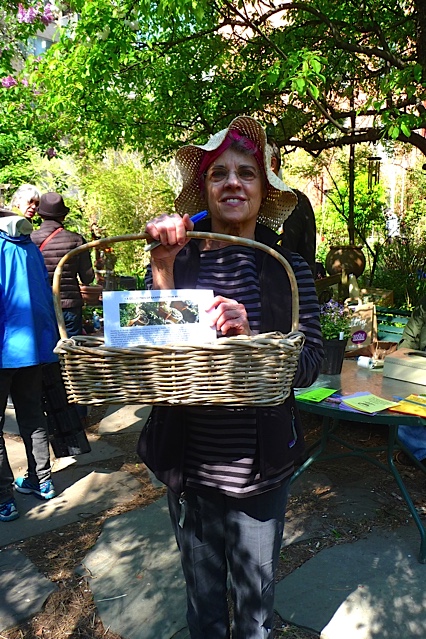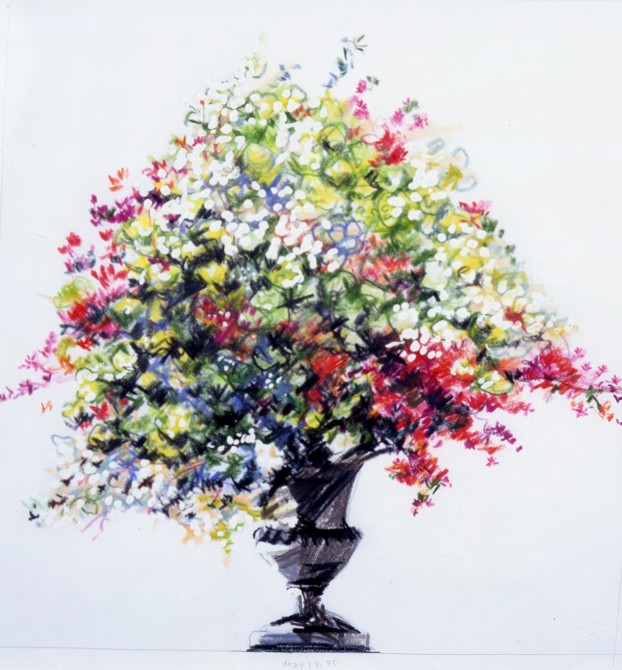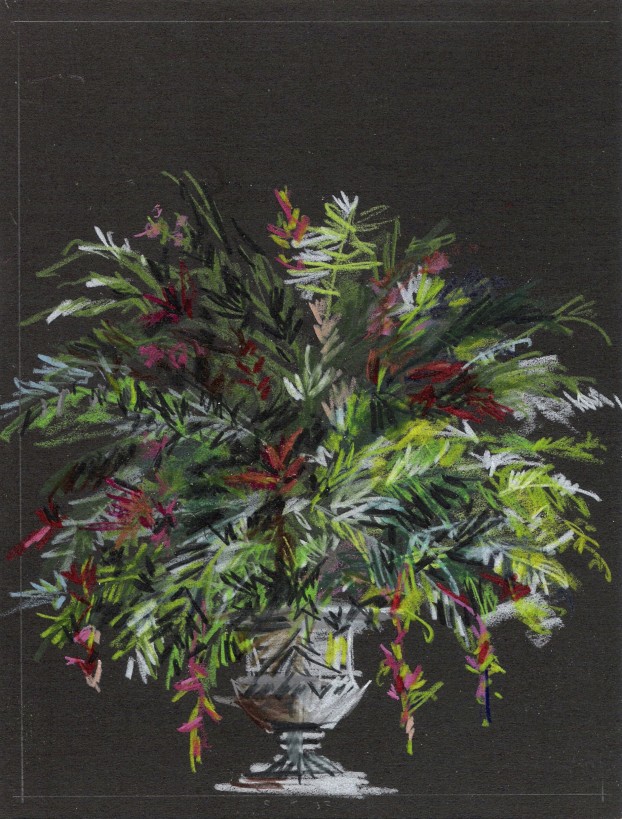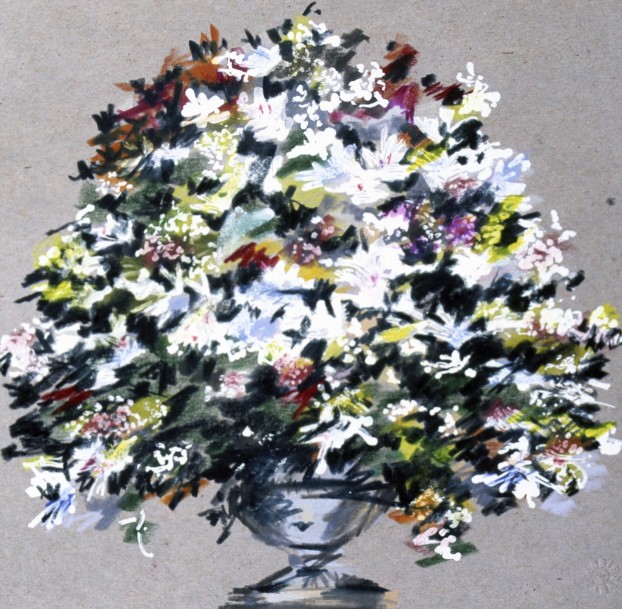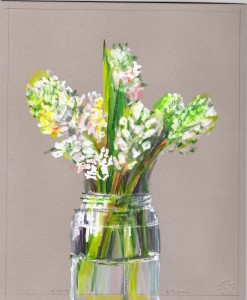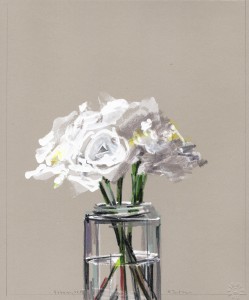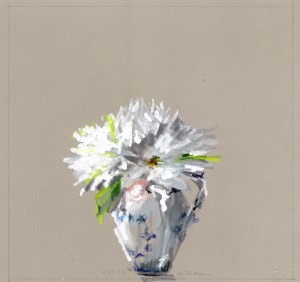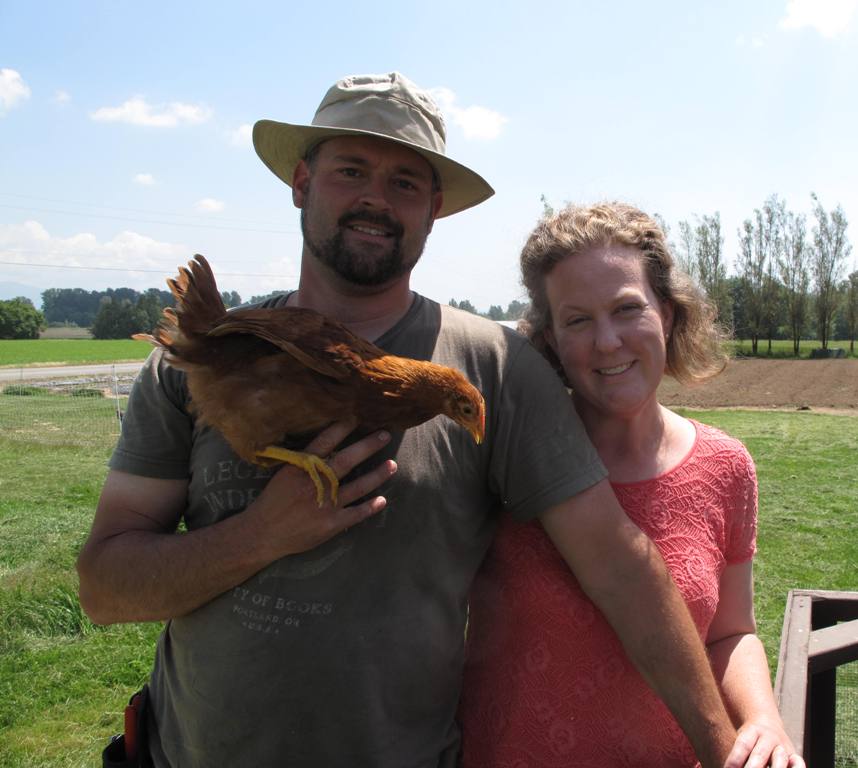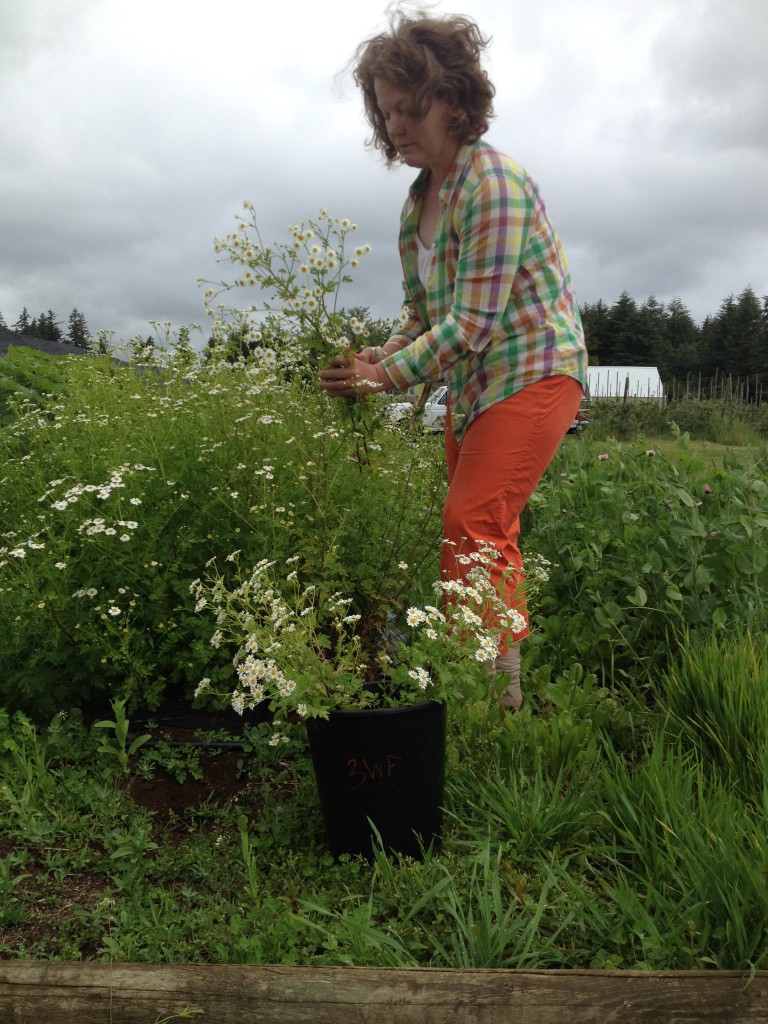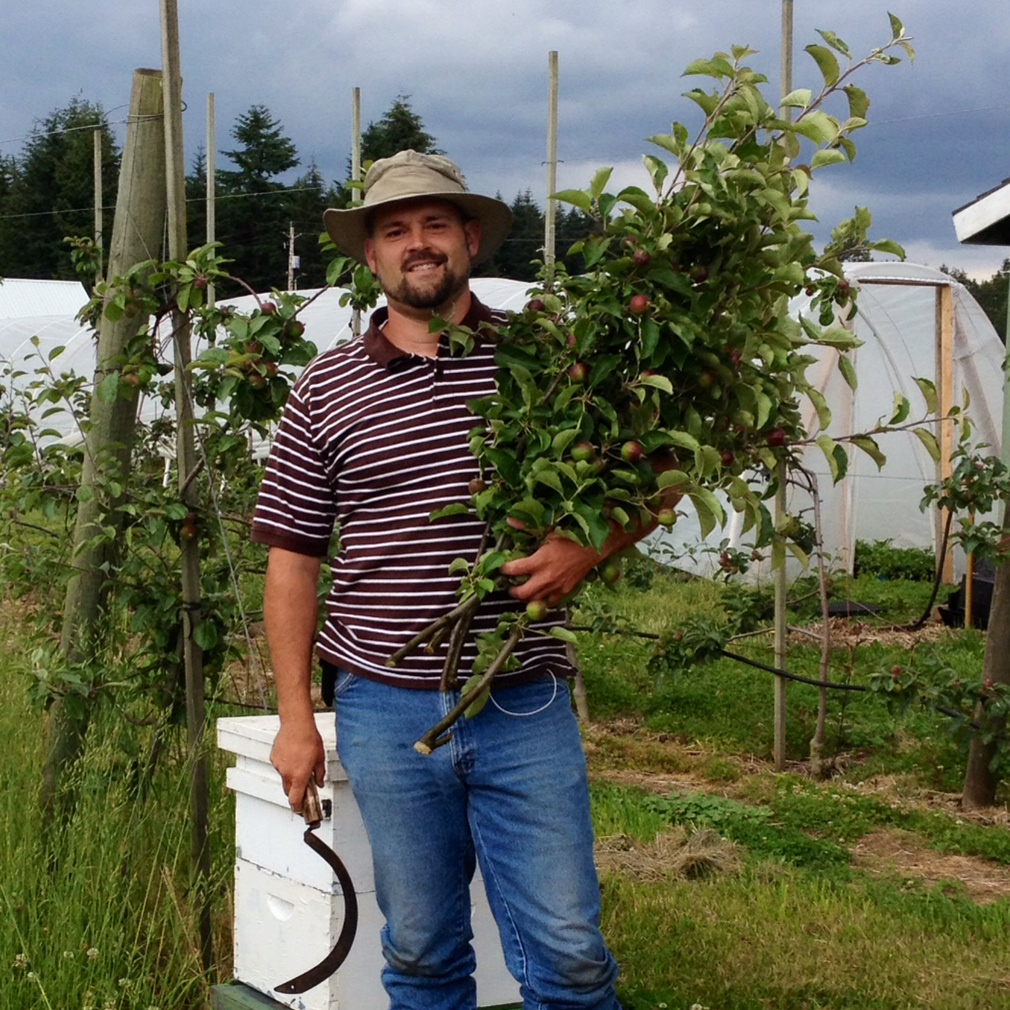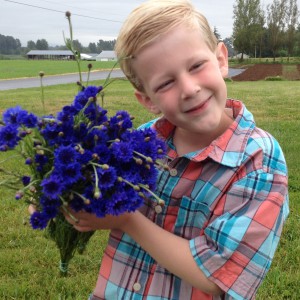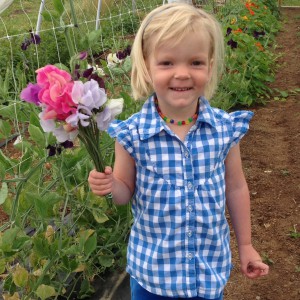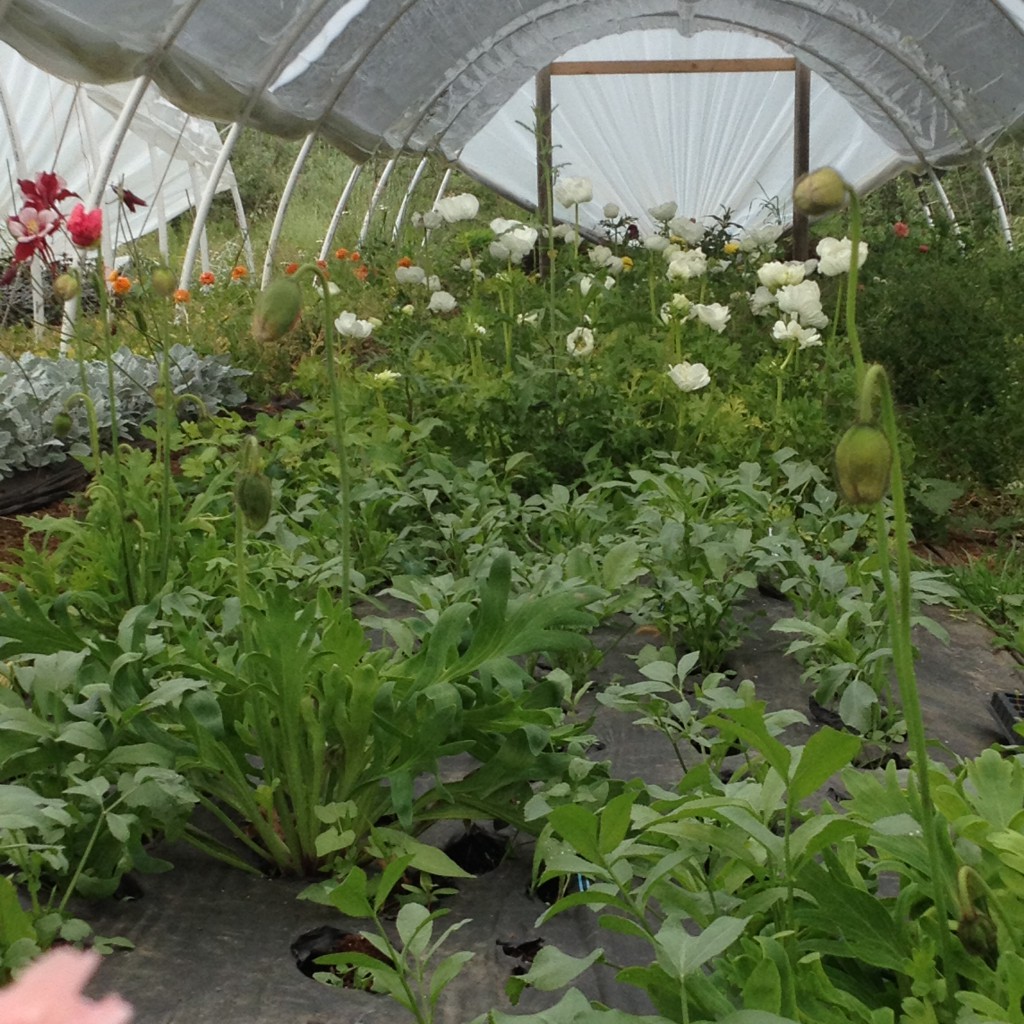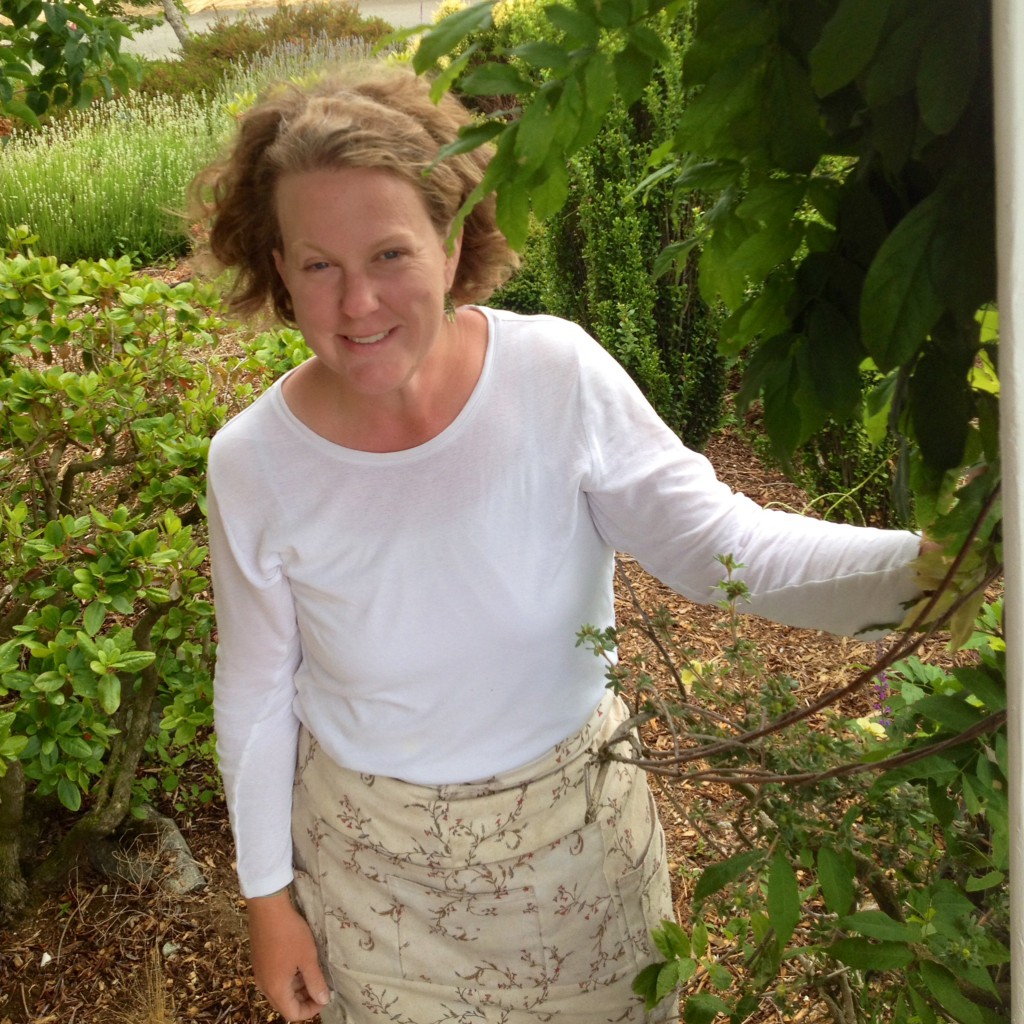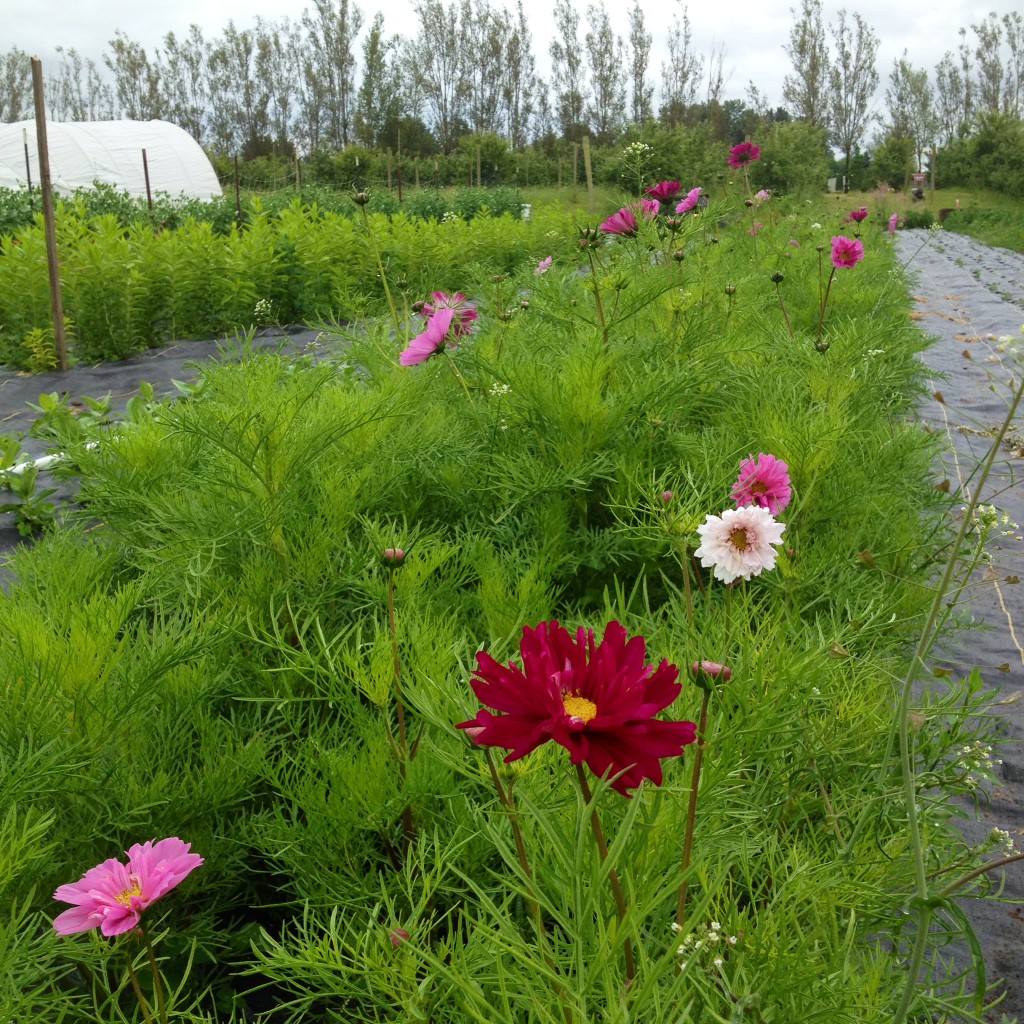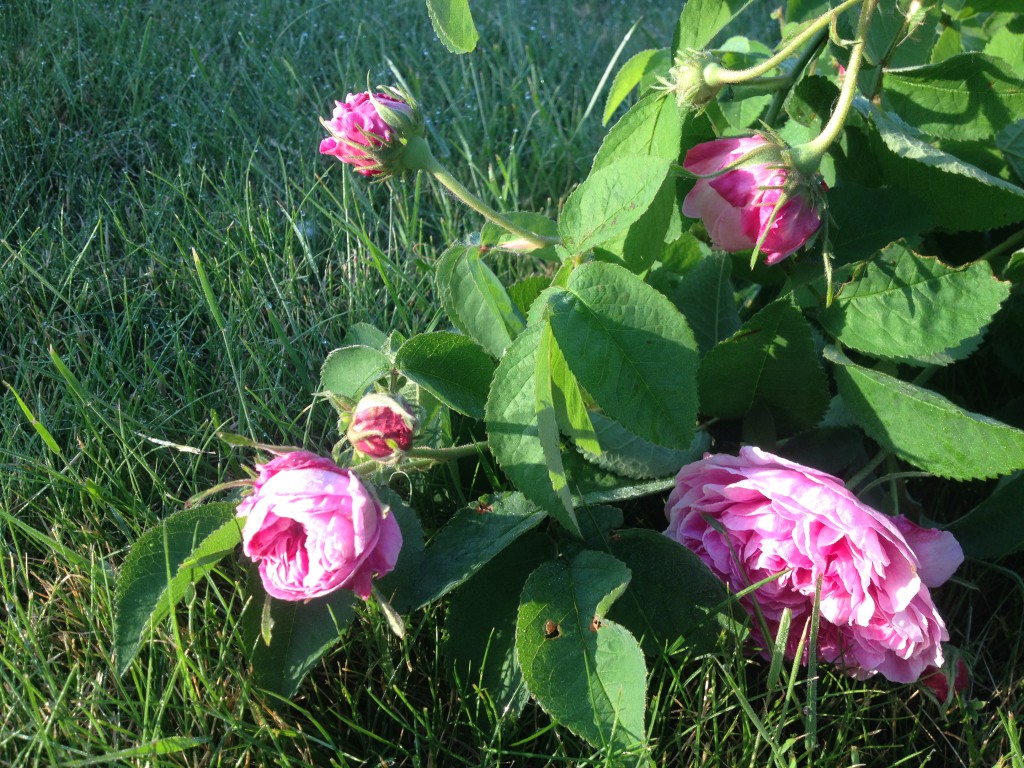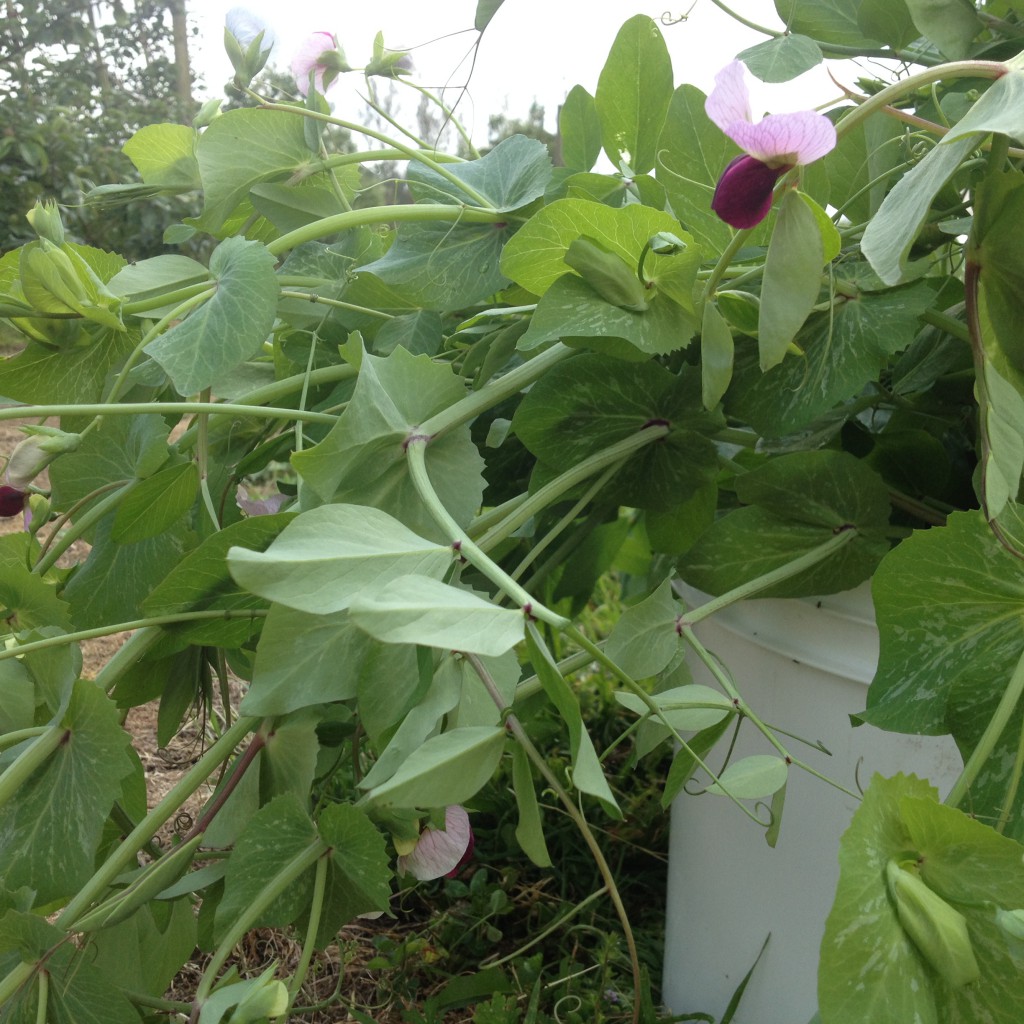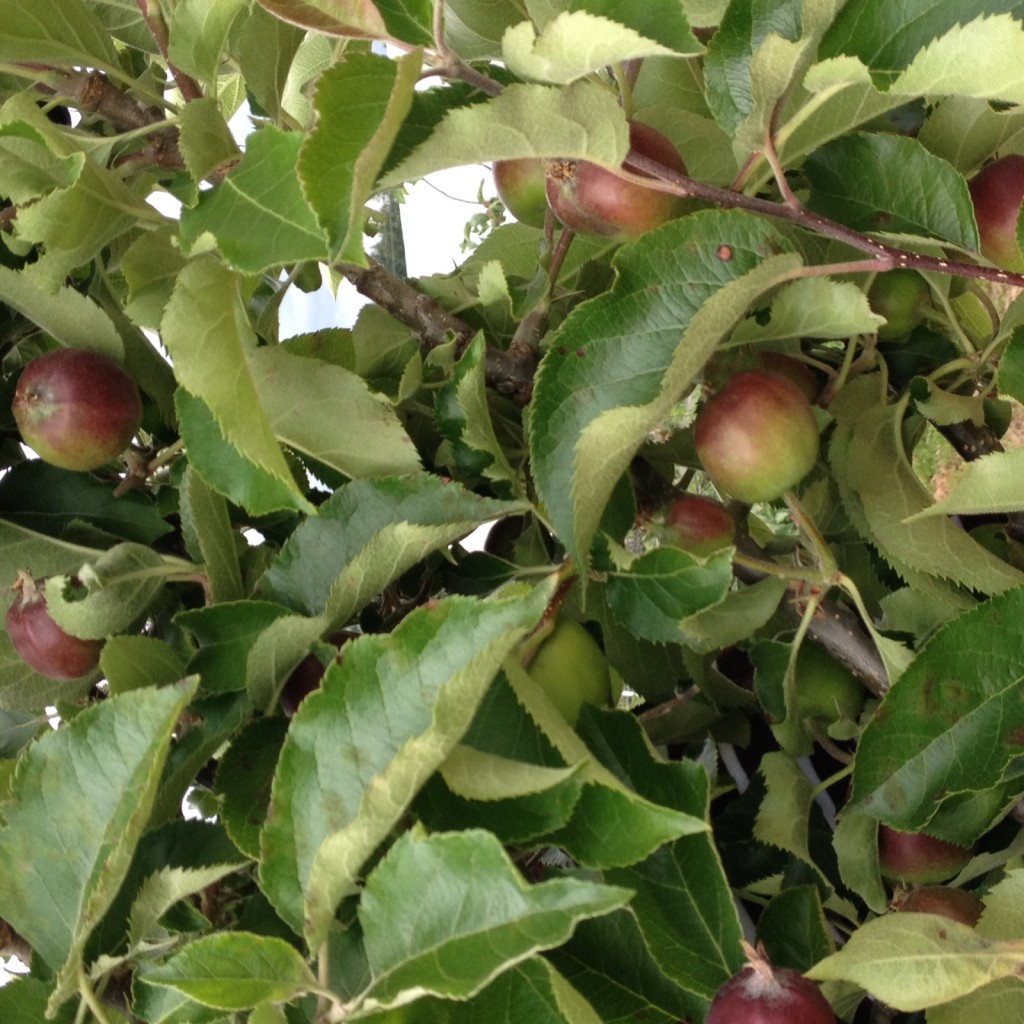Podcast: Play in new window | Download
Subscribe: Apple Podcasts | Podcast Index | RSS | More
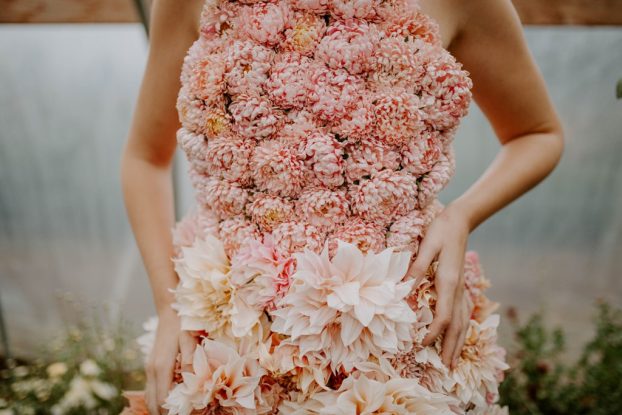
A Message from Debra Prinzing:
Thanks so much for joining today’s conversation. Like me, I know you’ve experienced the healing role that flowers can play in our lives. And if you come from a position of white privilege, like me, I hope you’ve been watching, listening and educating yourselves over the past two weeks as we take stock of the reality that we’ve ignored systemic racism for too long and we must speak out against injustice. I also believe as a white woman, I need to step back and let others speak to power. I have been so moved by the voices and actions of our black Slow Flowers members and by those aren’t black but who are, like me, personally influenced because they have partners and children who are black. It’s raw and on the surface, and certainly centuries of racism will not be reversed over night.
But I encourage you to join me in this self-education and openness to hear. Last week and in the coming weeks, we are featuring our black Slow Flowers members on the Slow Flowers’ IG and FB feeds. Several are past guests of the Slow Flowers Podcast, past speakers at Slow Flowers Summit conferences and flower people who I’ve featured in articles for Slow Flowers Journal and other outlets.
We want to grow our black membership beyond its disproportionately small percentage. Please help me with suggestions of flower farmers, floral designers and farmer-florists who we need to include in this community. We have established a Professional Development Fund to underwrite their membership costs. If you’d like to contribute financially to that fund to sponsor a new member and expand our inclusion and representation — please reach out, too! You can contact me at debra@slowflowers.com. I’d love your suggestions and support.

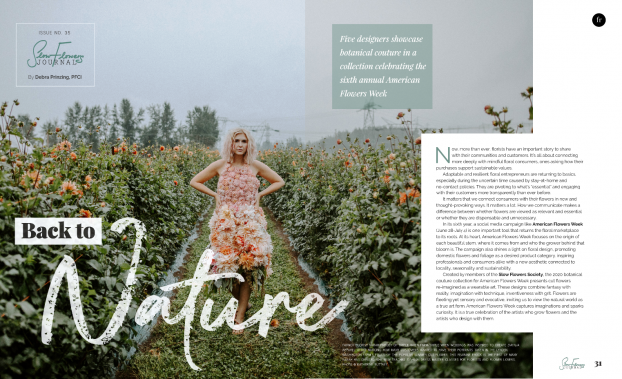
We all love dahlias, but have you ever thought about wearing a dress adorned with them? Today’s guest, Sarah Pabody of Triple Wren Farms, lives and breathes dahlias at the farm she operates with her husband Steve Pabody in the Northwest corner of Washington State. I asked Sarah to join me on the Podcast today as part of our leadup to American Flowers Week, which takes place June 28th – July 4th for the sixth consecutive year.
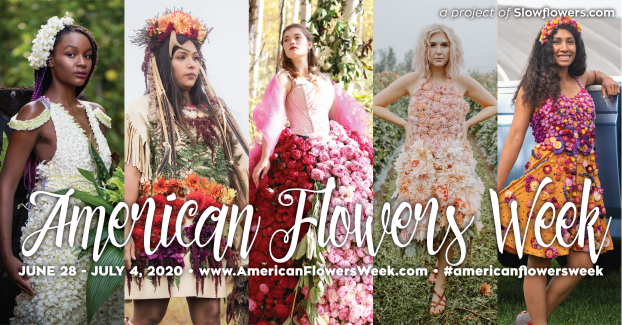
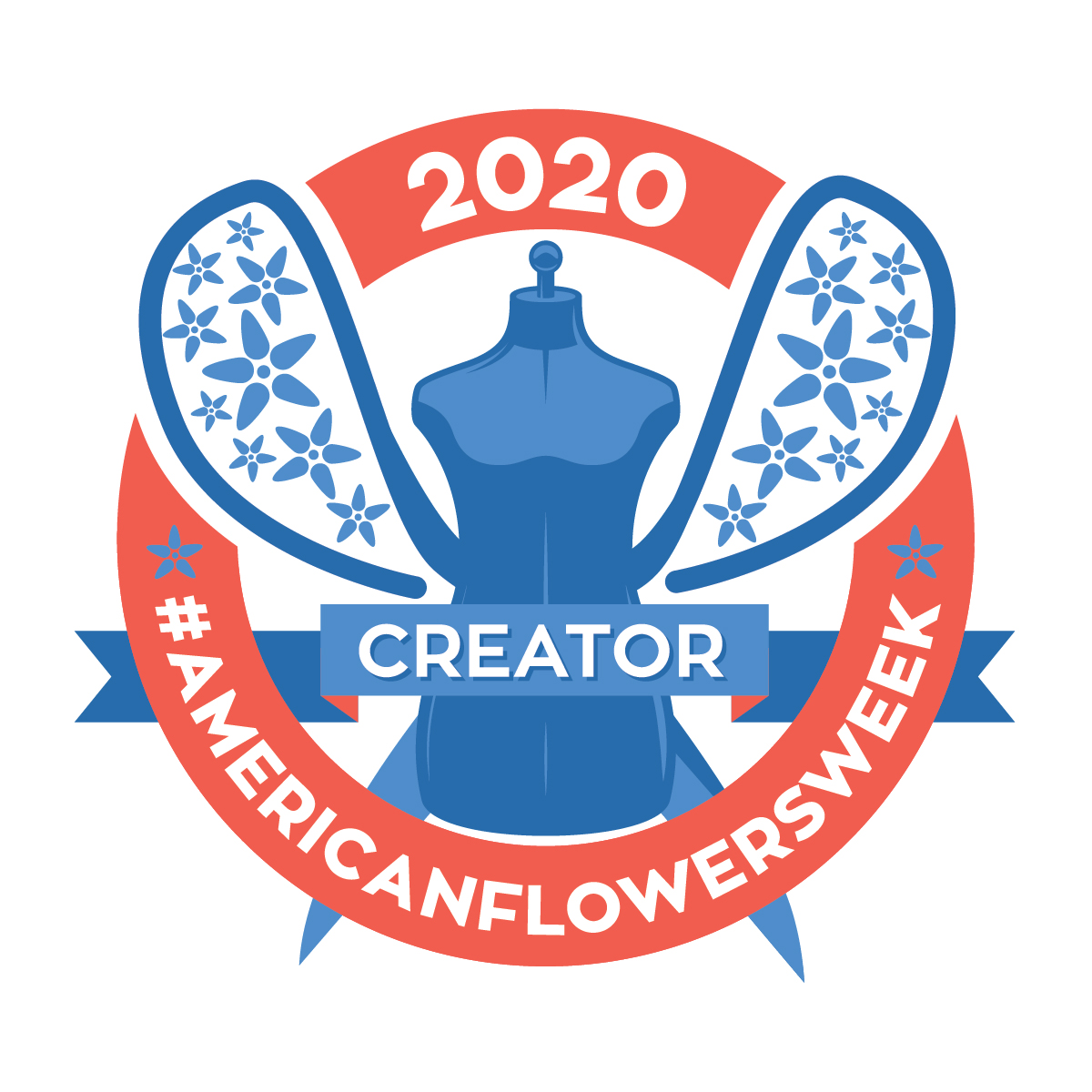 At its heart, American Flowers Week focuses on the origin of each beautiful stem, where it comes from and who is the grower behind that bloom. The campaign also shines a light on floral design, promoting domestic flowers and foliage, inspiring professionals and consumers alike with a new aesthetic connected to locality, seasonality and sustainability.
At its heart, American Flowers Week focuses on the origin of each beautiful stem, where it comes from and who is the grower behind that bloom. The campaign also shines a light on floral design, promoting domestic flowers and foliage, inspiring professionals and consumers alike with a new aesthetic connected to locality, seasonality and sustainability.
Created by members of the Slow Flowers Society, the 2020 botanical couture collection for American Flowers Week presents cut flowers re-imagined as a wearable art. These designs combine fantasy with reality, imagination with technique, inventiveness with grit. Flowers are fleeting, yet sensory and evocative, inviting us to view the natural world as a true art form. American Flowers Week captures imaginations and sparks curiosity. It is a true celebration of the artists who grow flowers and the artists who design with them.
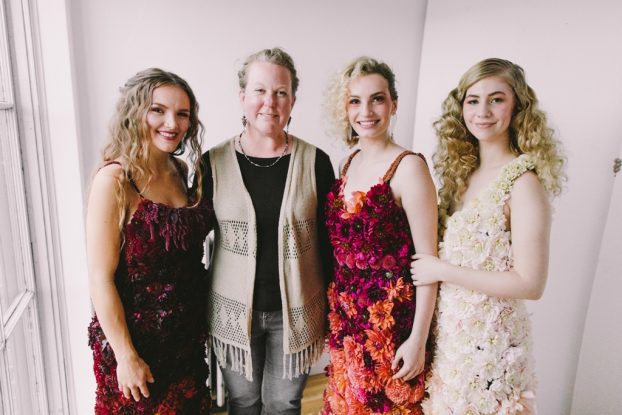
In addition to farming and growing flowers, Sarah also runs Triple Wren Weddings, a wedding and event design studio. After seeing how popular the farm’s dahlia fields were with local photographers and their portrait clients, Sarah fantasized about what it would look like if the people having their photos taken wore dahlias rather than only standing among the flowers. Her idea took hold and now Sarah teaches Dahlia Dress Masterclasses for designers and floral enthusiasts who want to create, wear and be photographed in dahlia couture. Beyond fantasy, the garments are thoroughly alluring, but also accessible, prompting others to imagine themselves wearing a dahlia dress of her own.
Click here to read the full story from the June issue of Florists’ Review:
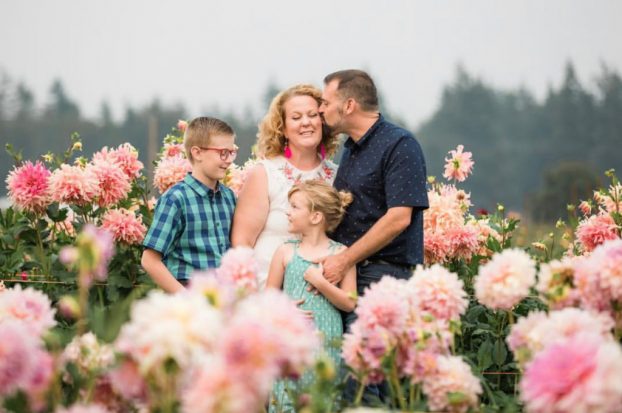
Here’s a bit more about Triple Wren Farms: Founded in 2012, Triple Wren is a 22-acre farm in Ferndale, Washington. It is the second growing site for the Pabodys, who in 2016 acquired a distressed berry farm with great soil and water rights after previously leasing land elsewhere. Triple Wren Farms currently grows on about nine acres.
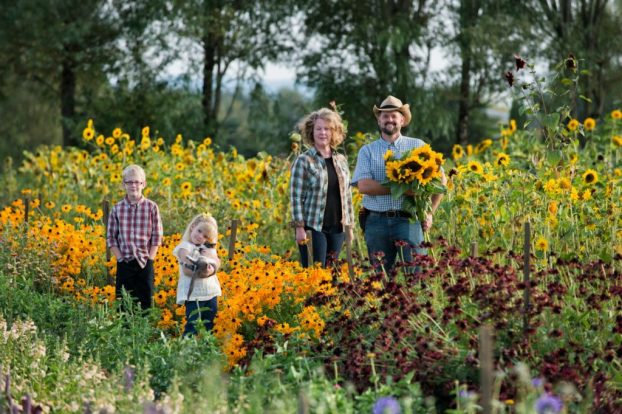
The farm supplies cut flowers to wholesale customers and has developed an agritourism focus that includes you-pick blueberry fields, a fall pumpkin patch, flower workshops and open farm events, including a Dahlia Festival and a Blueberry Party. The farm also sells dahlia tubers, growing close to 200 varieties selected for superior cut flower performance. Triple Wren Farms’ tuber store has the tagline: ‘Dahlias for cuts in a modern palette.’
You can listen to Steve and Sarah Pabody’s story when they were guests of the Slow Flowers Podcast back in 2014.
Upcoming Classes, Workshops & Events at Triple Wren Farms:
Dahlia Camp (September 10-12, 2020)
Flower Therapy Workshops and Sunset Yoga (ongoing)
Triple Wren Farm & Weddings on Social Media
Triple Wren Farms on Instagram
Triple Wren Weddings on Instagram
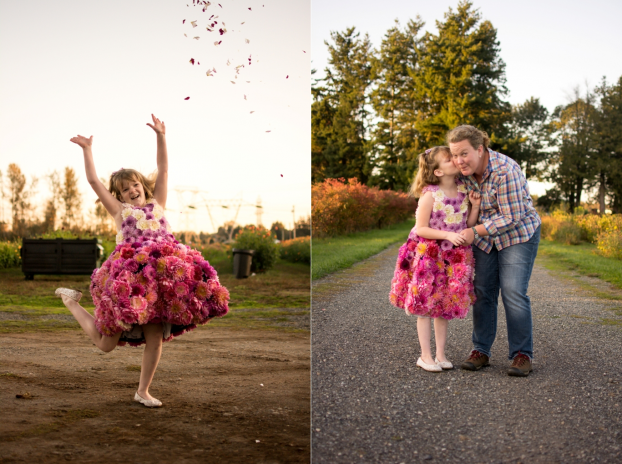
I know you’ll enjoy learning from Sarah as we discuss her farm, her flowers, and her floral art.
A lot of happenings are coming up in the month of June and I’m so excited to include any listeners in these opportunities!
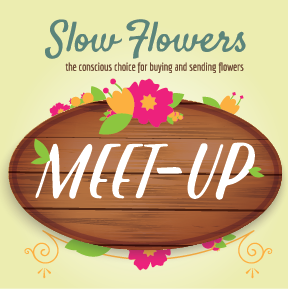 On June 12th, we will hold our monthly Slow Flowers Member Virtual Meet-Up — an online gathering of florists, growers, farmer-florists and supporters, launched in late March. The Virtual Meet-Ups have moved from weekly to monthly and will now continue as a regular event on the 2nd Friday of each month.
On June 12th, we will hold our monthly Slow Flowers Member Virtual Meet-Up — an online gathering of florists, growers, farmer-florists and supporters, launched in late March. The Virtual Meet-Ups have moved from weekly to monthly and will now continue as a regular event on the 2nd Friday of each month.
Join me and the Slow Flowers Community at our next gathering on Friday, June 12th, same time as before – 9 am Pacific/Noon Eastern. Follow this link to join us. Click here to watch the replay of our May 29th Meet-Up and read more about our June Meet-Up guests.
On June 24th, please join me for a Virtual Book Launch party to celebrate the publication of our new book, Slow Flowers Journal – Volume One!
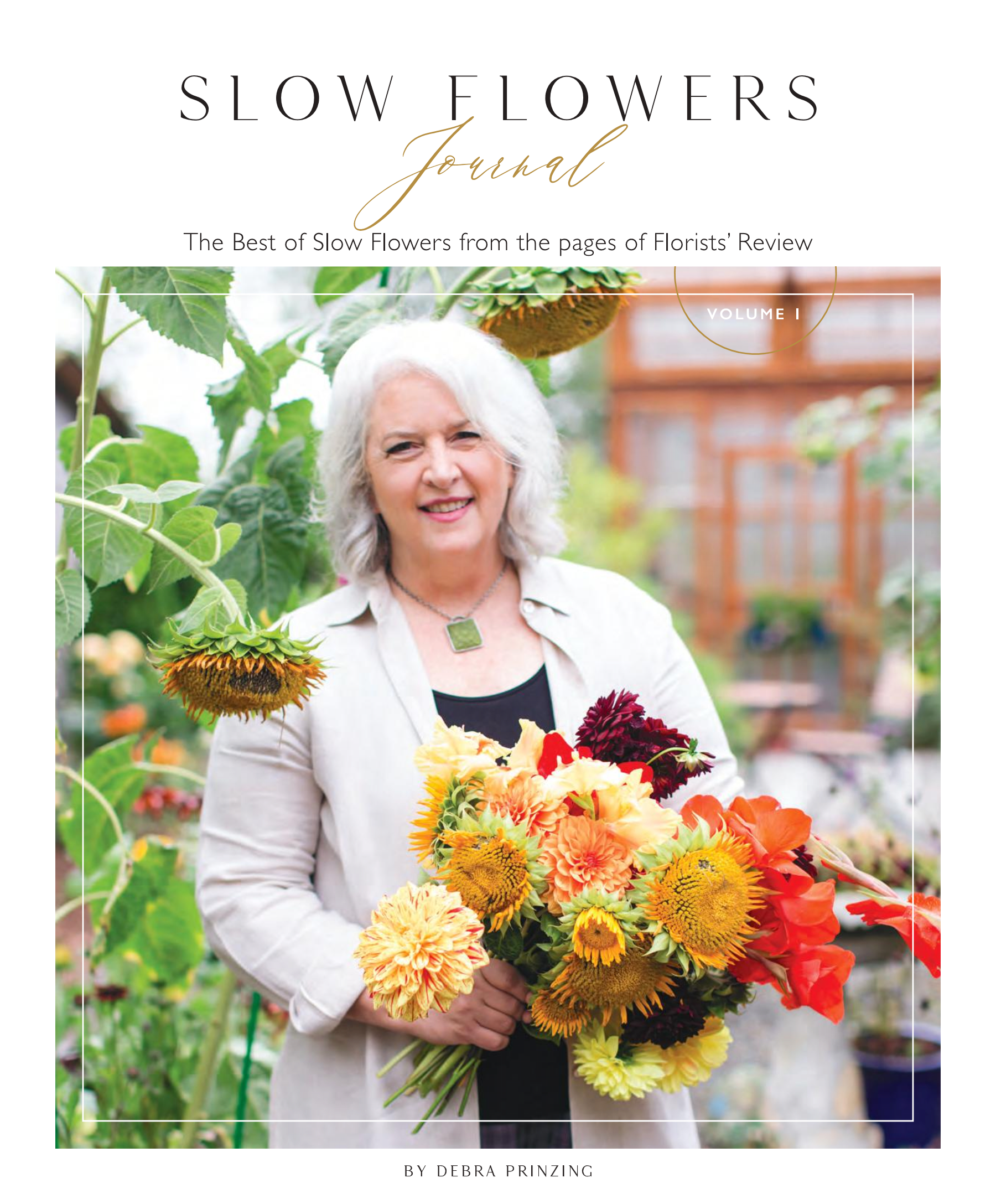 Eighty Slow Flowers members are featured in its pages and we will share a big reveal of this beautiful, 128-page book, published by our partners at Wildflower Media/Florists’ Review.
Eighty Slow Flowers members are featured in its pages and we will share a big reveal of this beautiful, 128-page book, published by our partners at Wildflower Media/Florists’ Review.
The all-virtual Launch Party and Happy Hour will take place at 4 pm Pacific/7 pm on June 24th and we will welcome many special guests who appear in the pages of Slow Flowers Journal. And if you want to grab your own copy, our bookstore is open for orders, so you can find that link in today’s show notes, as well.
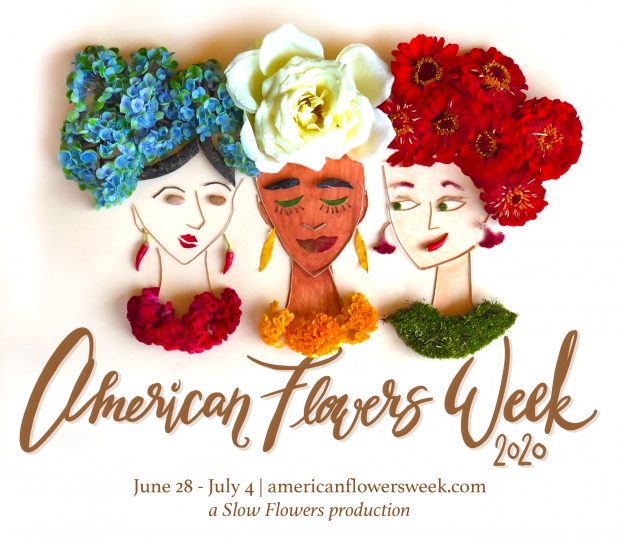
Please plan on participating in the sixth annual American Flowers Week, June 28th-July 4th. I hope Sarah Pabody’s dahlia dress project inspires you to create beauty with your flowers and your creative community. Use your flowers to communicate a message of beauty, sustainability, wellness and inclusion – and help us promote domestic floral agriculture across the U.S. You can find all sorts of free resources at Americanflowersweek.com. For members only, you can order our red-white-and-blue bouquet labels to use during the weeks leading up to American Flowers Week. I’ll share that link in today’s show notes. Hope to see you online with photos and videos and in live displays of your American flowers. Please use the hash-tag: #americanflowersweek to help us find and highlight your talents!
Thank you to our Sponsors
This podcast is brought to you by Slowflowers.com, the free, nationwide online directory to florists, shops, and studios who design with American-grown flowers and to the farms that grow those blooms. It’s the conscious choice for buying and sending flowers.
Florists’ Review magazine. I’m delighted to serve as Contributing Editor for Slow Flowers Journal, found in the pages of Florists’ Review. Read our stories at slowflowersjournal.com.
Longfield Gardens, which provides home gardeners with high quality flower bulbs and perennials. Their online store offers plants for every region and every season, from tulips and daffodils to dahlias, caladiums and amaryllis. Check out the full catalog at Longfield Gardens at longfield-gardens.com.
Rooted Farmers works exclusively with local growers to put the highest-quality specialty cut flowers in floral customers’ hands. When you partner with Rooted Farmers, you are investing in your community, and you can expect a commitment to excellence in return. Learn more at RootedFarmers.com.
Johnny’s Selected Seeds, an employee-owned company that provides our industry the best flower, herb and vegetable seeds — supplied to farms large and small and even backyard cutting gardens like mine. Find the full catalog of flower seeds and bulbs at johnnysseeds.com.
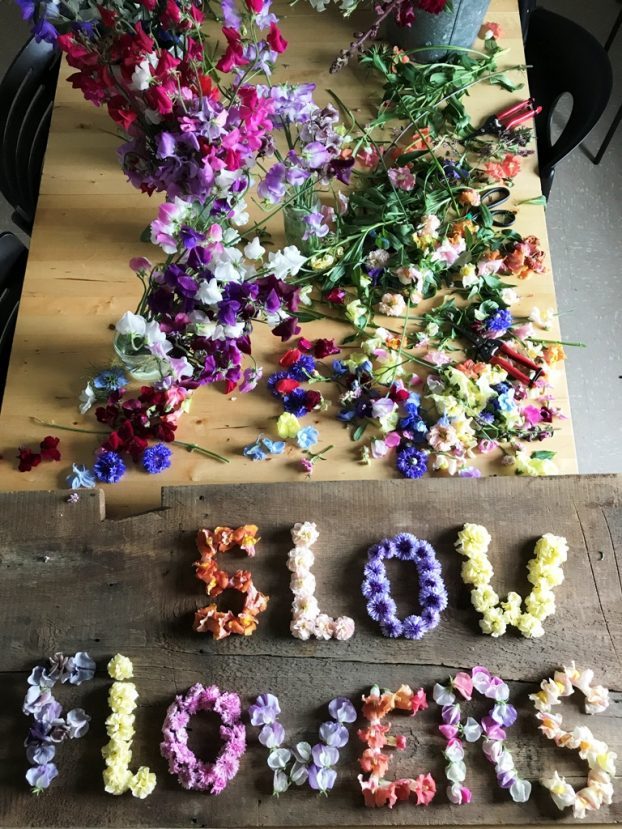
The Slow Flowers Podcast has been downloaded more than 612,000 times by listeners like you. Thank you for listening, commenting and sharing – it means so much.
As our movement gains more supporters and more passionate participants who believe in the importance of the American cut flower industry, the momentum is contagious. I know you feel it, too. I value your support and invite you to show your thanks and with a donation to support my ongoing advocacy, education and outreach activities. You can find the donate button in the column to the right.
I’m Debra Prinzing, host and producer of the Slow Flowers Podcast. Next week, you’re invited to join me in putting more American grown flowers on the table, one vase at a time. And If you like what you hear, please consider logging onto iTunes and posting a listener review.
The content and opinions expressed here are either mine alone or those of my guests alone, independent of any podcast sponsor or other person, company or organization.
The Slow Flowers Podcast is engineered and edited by Andrew Brenlan. Learn more about his work at soundbodymovement.com.
Music Credits:
Vienna Beat; Turning On The Lights; Gaena
by Blue Dot Sessions
http://www.sessions.blue
Lovely by Tryad
http://tryad.bandcamp.com/album/instrumentals
http://creativecommons.org/licenses/by-sa/3.0/
In The Field
audionautix.com









